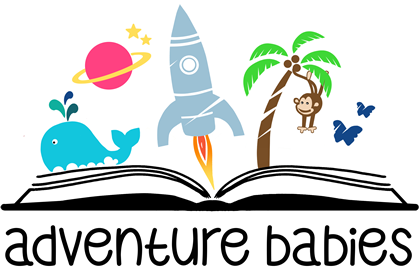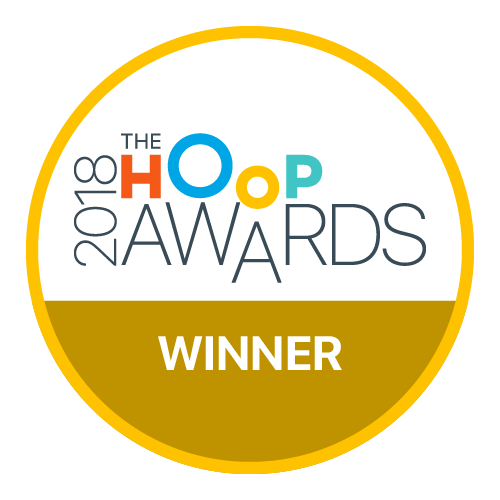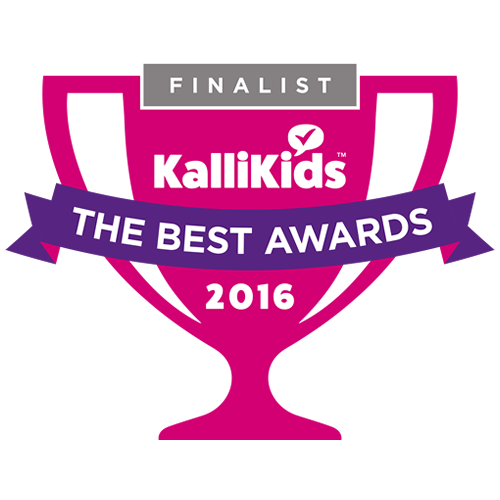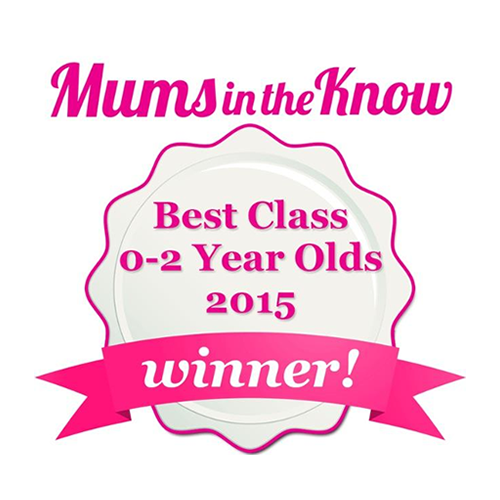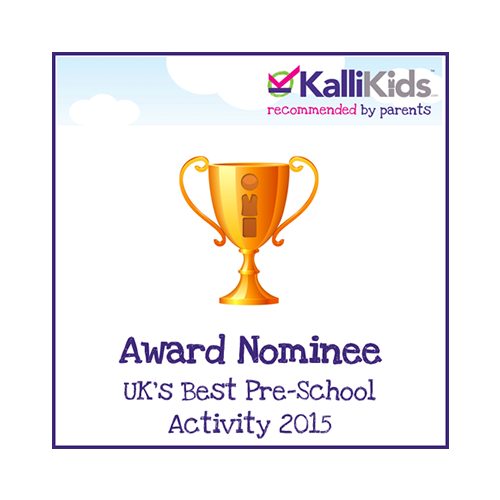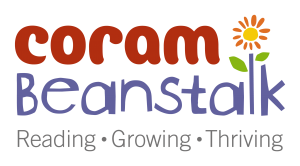Baby Talk Decoded: What Those Coos and Gurgles Mean
Welcome to the wonderful (and occasionally baffling) world of baby communication! If you’ve ever found yourself staring lovingly at your little one while they babble away and wondered, “What baby sounds mean anything at all?”—you’re not alone. Babies are born communicators, and those adorable noises are more than just random gobbledegook. In fact, they’re the building blocks of language, emotion, and connection.
Let’s break it down—because your baby has a lot to say.
What Baby Sounds Mean (Hint: It’s Not All Random)
By the time your baby is around six weeks old, those little grunts, coos, and sighs start to become intentional. They’re discovering their voice—and they’re using it to interact with you. Here’s a quick guide to some of the most common baby sounds and what they might be trying to tell you:
🥹 The Soft Coo
Usually heard during happy, relaxed moments—like after a feed or during a cuddle—cooing is one of the first signs your baby is socialising. This sound says, “Hey, I’m feeling pretty good right now!”
😮 The Gurgle Symphony
Gurgles often happen when babies are lying down and playing with their voice. It’s them experimenting with pitch, volume, and breathing. It’s like baby karaoke, and it’s a great sign they’re developing vocal control.
😬 The Fuss-Grunt Combo
A mix of grunting, squirming, and whiny noises? Probably wind, boredom, or frustration. These early “complaints” help you tune into their needs—even if it sometimes feels like solving a tiny riddle.
😂 The Squeal
High-pitched squeals (often accompanied by wide eyes) are pure excitement. Think: “This new toy/book/Adventure Babies story is BLOWING MY MIND!”
How Adventure Babies Supports Early Communication
At Adventure Babies, we’re all about helping babies find their voices—literally. Our interactive storytelling sessions are packed with sensory play and sound exploration that boost language skills from day one. Through songs, rhymes, puppets, and book-based adventures, we create the perfect space for little ones to practise all those early sounds in a way that’s fun and meaningful.
And because babies thrive on social cues, being in a group setting helps them start to read the room and learn the basics of turn-taking in conversation—yes, even before they can say their first word.
When Should I Worry About Baby Sounds?
Every baby develops at their own pace, but as a general guide, you should hear:
-
Coos and gurgles by 6–8 weeks
-
Laughs and squeals by 3–4 months
-
Babbling with consonants (like ba-ba or da-da) by 6–9 months
If your baby isn’t making many sounds by around 6 months or seems disinterested in vocal play, have a chat with your health visitor. But remember: some babies are just quiet observers before they become little chatterboxes.
Final Thoughts: You Are Speaking the Same Language
Understanding what baby sounds mean is part science, part instinct—and a whole lot of heart. The more you talk, sing, read, and respond to your baby, the more they’ll chat back in their own sweet way. And yes, all those squeaky noises at 3am? They really are your baby trying to connect.
So next time you hear a coo, a grunt, or an enthusiastic gurgle, reply back. You’re building your baby’s brain—and your bond—one babble at a time.
